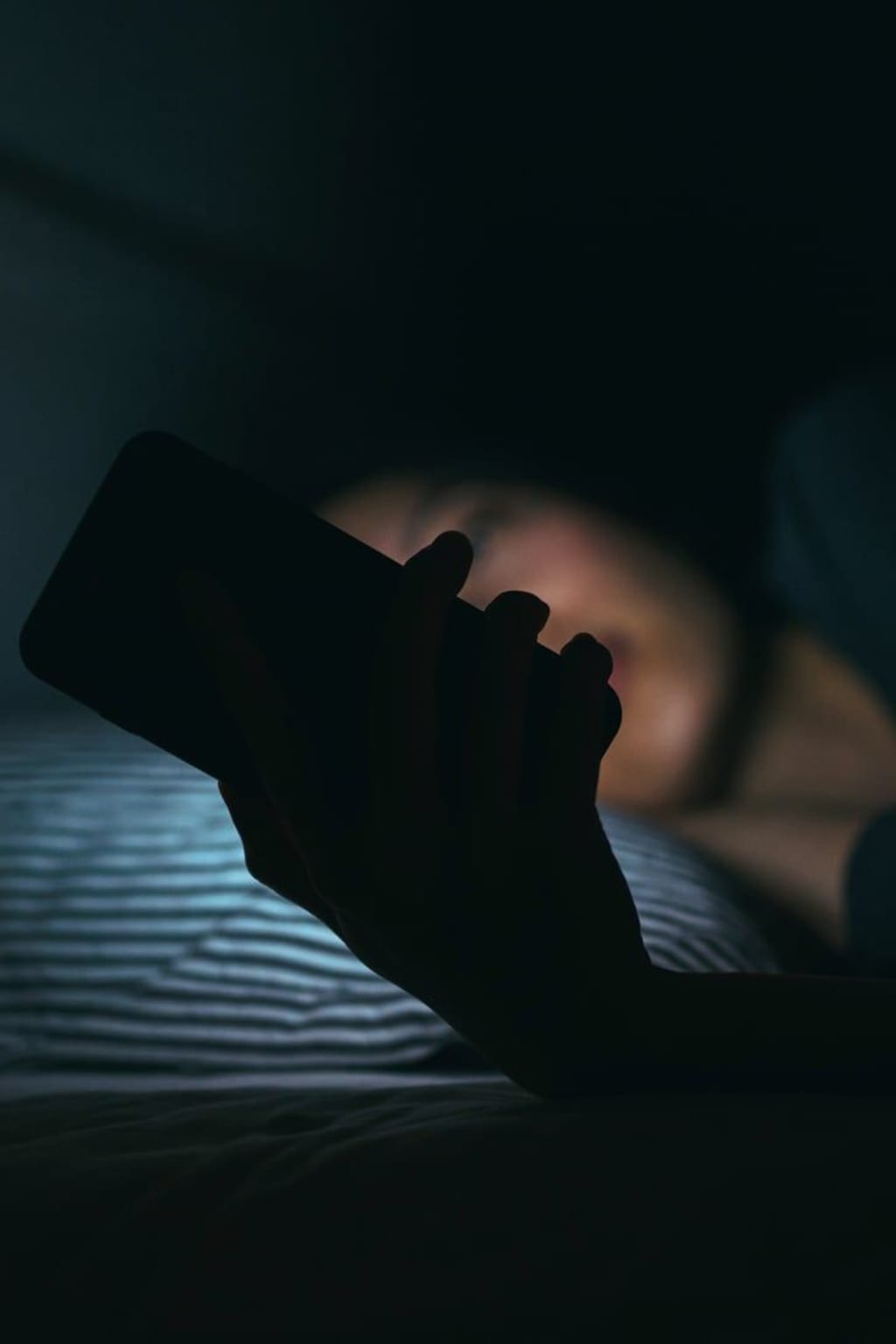
Nomophobia is the fear of being without a mobile phone or losing mobile phone contact, also known as "no-mobile-phone phobia".
It is a modern phenomenon and refers to the emotional distress experienced by individuals when they are unable to use their phone or have no access to mobile technology for a period of time
Nomophobia is the fear or anxiety of being without a working mobile phone, having limited battery, losing it or not having access to it. It is a type of specific phobia that has become increasingly common due to the widespread use of mobile phones and the dependence on them. Nomophobia is characterized by excessive worry about being unable to communicate, not being able to access information, or losing connection to the world through one's phone. It can lead to symptoms such as nervousness, sweating, and panic when the phone is not available or the battery is low.
Treatment for this phobia
There is no one specific cure for nomophobia, as it is a type of specific phobia that can be treated using a combination of techniques. Here are some steps that can be helpful in managing nomophobia:
- Awareness: Understanding the root cause of the fear and acknowledging the dependence on the mobile phone can be the first step towards curing nomophobia.
- Gradual exposure: Gradually exposing oneself to situations where the phone is not available can help in reducing the fear and anxiety.
- Mindfulness and relaxation techniques: Practicing mindfulness, deep breathing, and other relaxation techniques can help manage stress and anxiety related to nomophobia.
- Cognitive-behavioral therapy (CBT): CBT can be helpful in changing negative thought patterns and behaviors associated with nomophobia.
- Limit phone usage: Setting limits on phone usage and finding alternative activities can also help in reducing dependence on the phone.
- Seek professional help: If the fear and anxiety related to nomophobia are affecting daily life, it is recommended to seek professional help from a therapist or psychologist.
It's important to remember that curing nomophobia is a gradual process and requires patience, perseverance, and the right approach
Future of Nomophobia
The future of nomophobia is likely to be influenced by several factors, including the continued development and integration of technology into our lives and the increasing reliance on mobile devices.
On one hand, as technology continues to advance, it is possible that nomophobia may become less of a concern as mobile devices become even more indispensable and access to them becomes more widespread
On the other hand, the increasing use of technology and mobile devices can also lead to increased dependence and potentially worsen nomophobia. As technology continues to evolve, it will be important for individuals to find a healthy balance between the use of technology and other aspects of their lives.
Overall, it is difficult to predict the future of nomophobia, as it will depend on a multitude of factors including technological advancements, societal attitudes towards technology, and individual behavior. However, it is important for individuals to be aware of their relationship with technology and seek help if it is having a negative impact on their life.
Symptoms of Nomophobia
Nomophobia can lead to symptoms such as nervousness, sweating, and panic when the phone is not available or the battery is low. It can be managed through a combination of techniques, including awareness, gradual exposure, mindfulness and relaxation techniques, cognitive-behavioral therapy, limiting phone usage, and seeking professional help
Conclusion
The future of nomophobia is likely to be influenced by several factors, including the continued development and integration of technology into our lives, and the increasing reliance on mobile devices. It is important for individuals to be aware of their relationship with technology and seek help if it is having a negative impact on their life.






Comments (2)
Well written
I see why you recommended reading this. I appreciate you for writing this Alina. Awareness of this is something that I believe should be stressed more seriously. You’re doing amazing work!